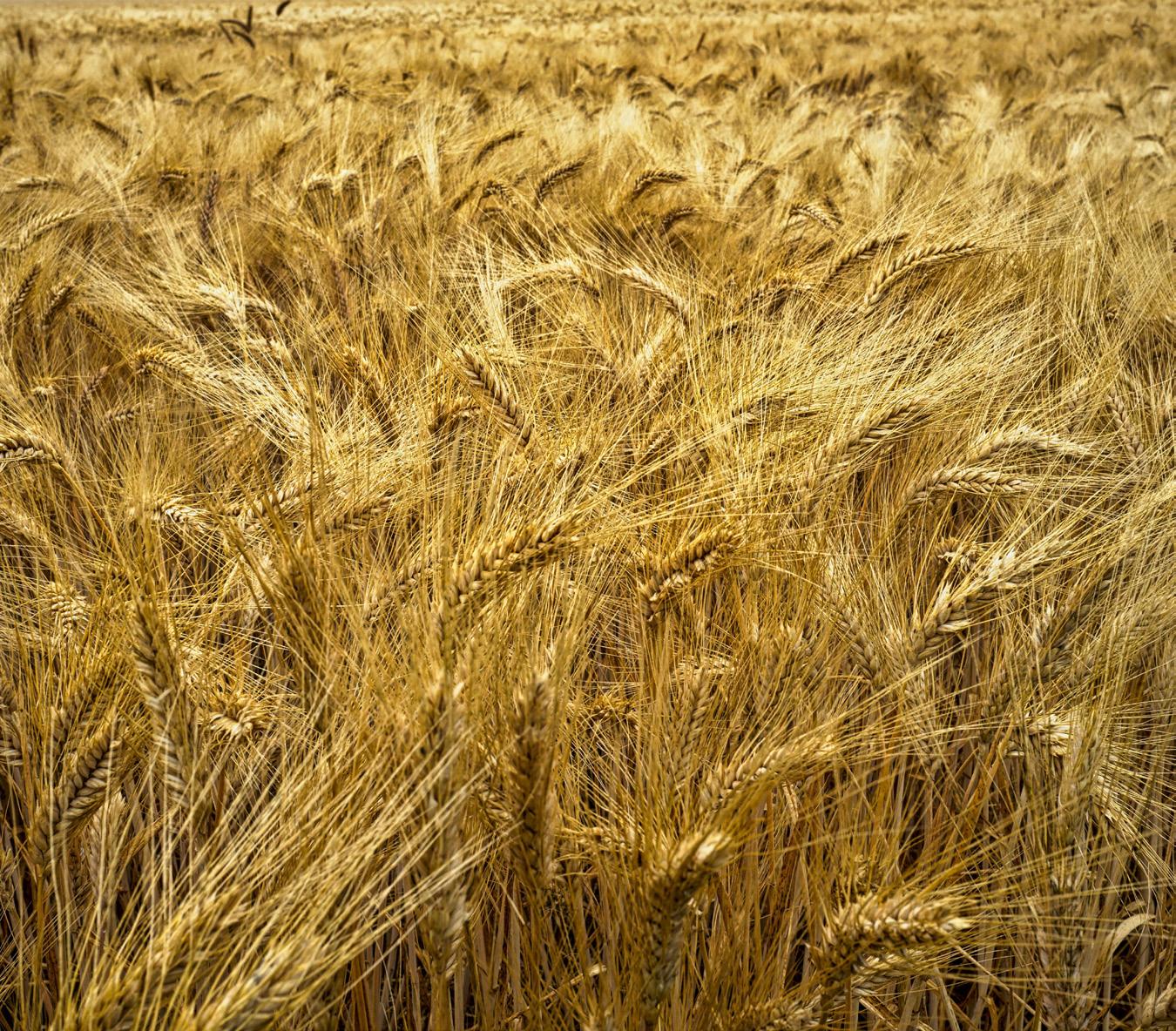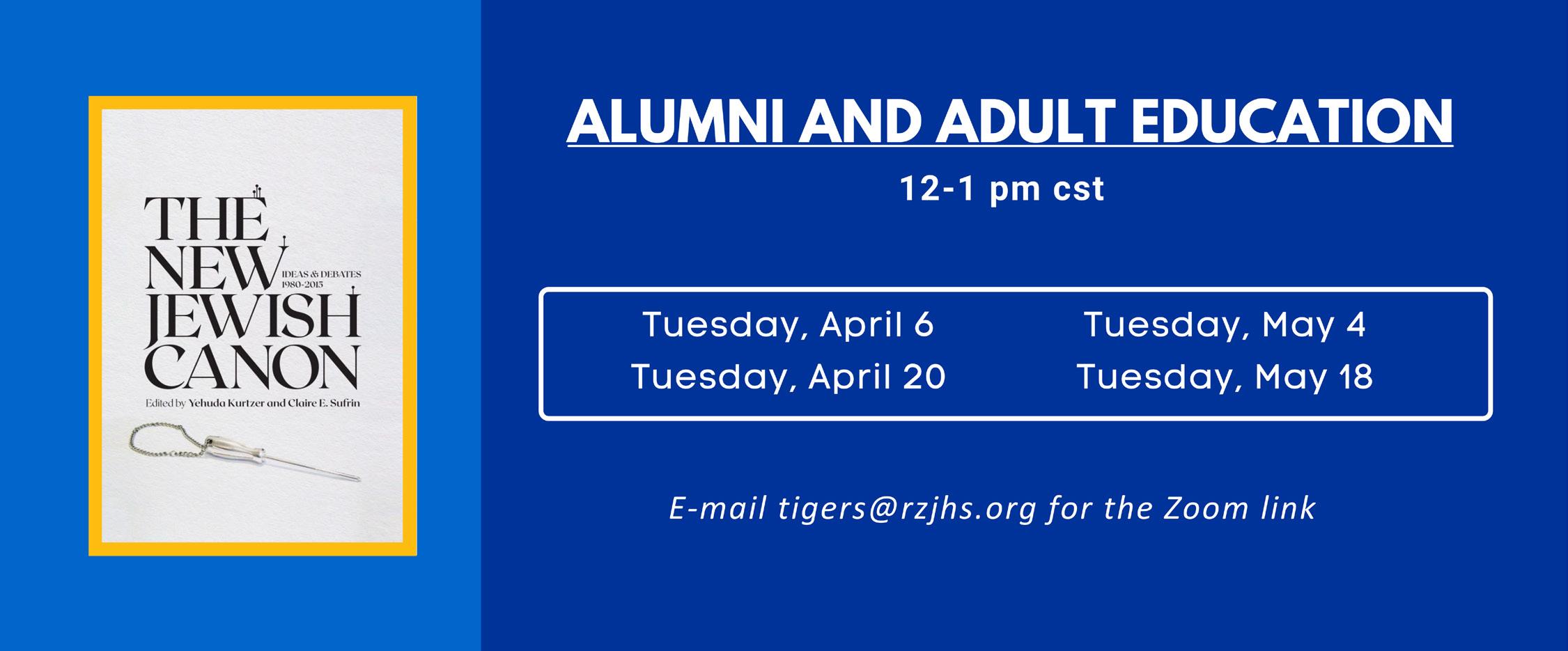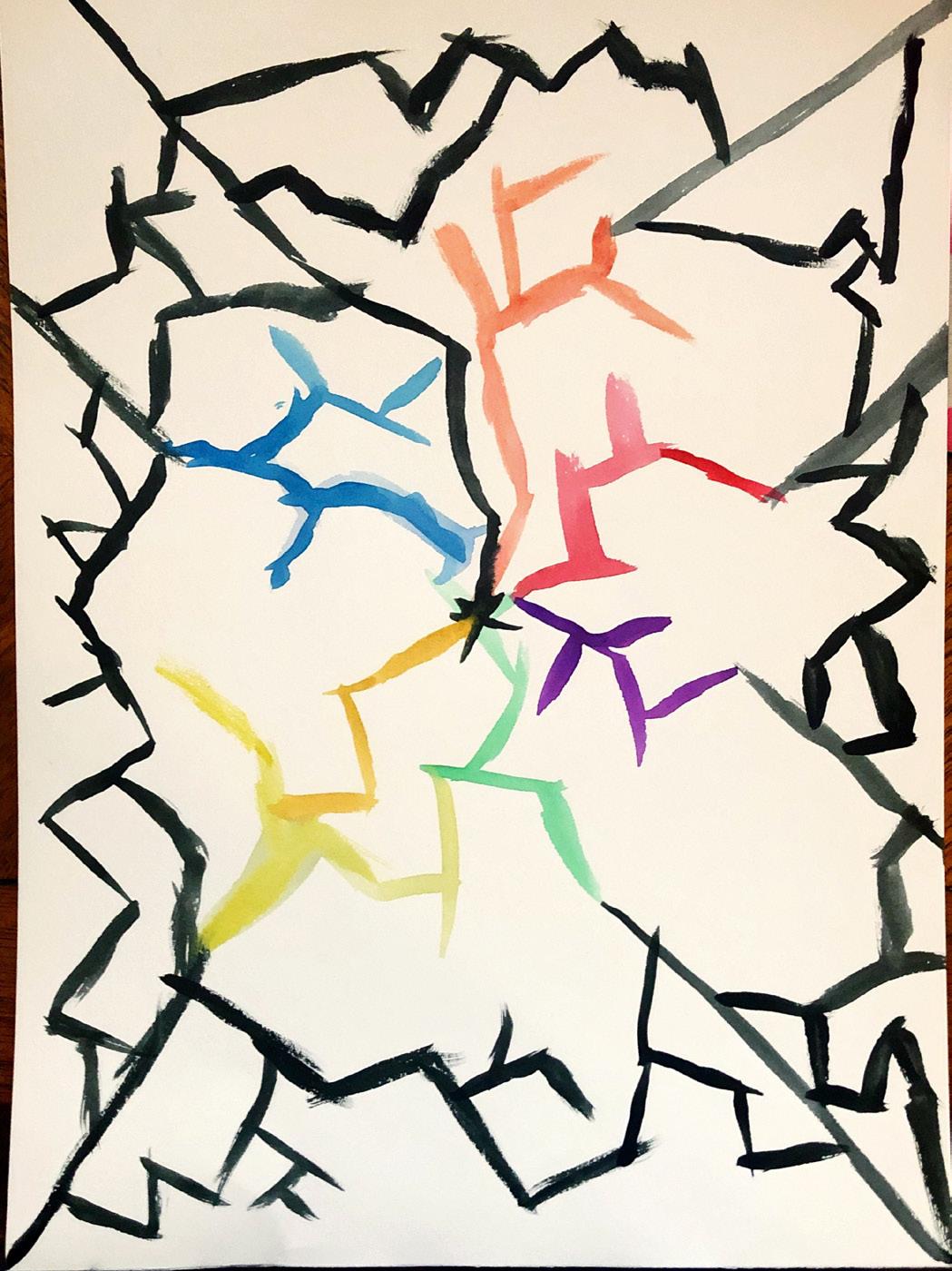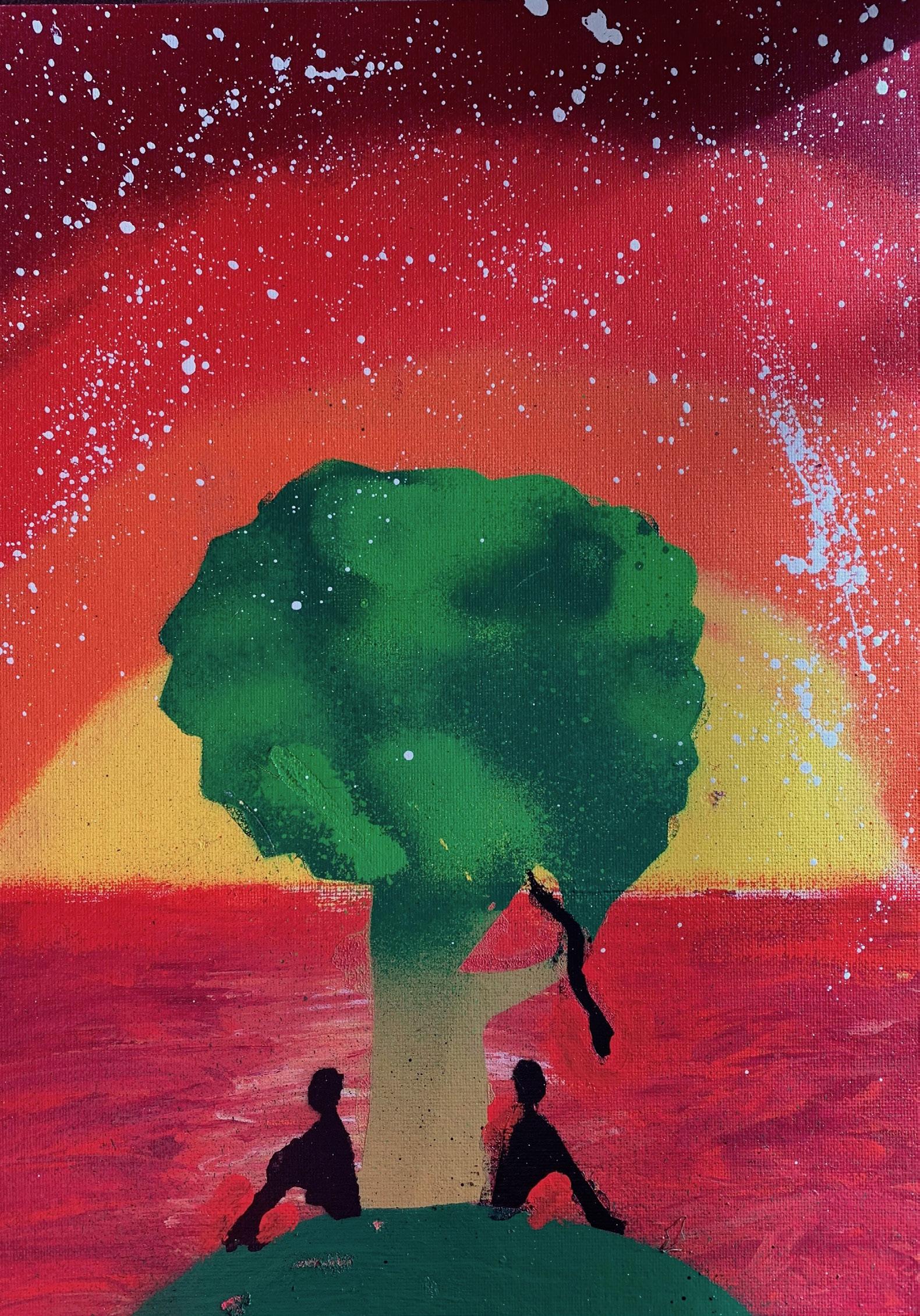The Torah of Rochelle Zell
The Mystery Behind Matzah Brett Kopin, CJHS 2010
I don’t think I’ve ever met a Jewish person with a neutral describe how hastily the Israelites left, it tells us the relationship with matzah. Some like it, and some don’t. following: Most of us dread the yearly obligations to clean our וישא העם את–בצקו טרם houses of all the chametz and dip our plates and bowls into boiling water. I personally like matzah, and all that :יחמץ משארתם צררת בשמלתם על–שכמם comes with it: matzah pizza, matzah with cream cheese and lox, matzah and Nutella, matzah brie, matzah ball So the people took their dough before it was soup — the list goes on. In reflecting more this year on leavened, their kneading bowls wrapped in their matzah and its meaning, I returned to the first place we cloaks upon their shoulders. learn about matzah in the Torah, and saw something I Exodus 12:34 hadn’t noticed before, which deepened my appreciation for this brittle cracker and its rich symbolism. For such a dramatic scene, it seems odd to place this Let’s recount the scene: the Israelites are on the brink of seemingly insignificant detail in the story. Even after defreedom. Pharaoh’s heart is still hardened, even after nine scribing their miraculous departure from Egypt, the text horrible plagues, which killed off Egyptian livestock, de- returns to the dough: stroyed their crops, and shrouded them in three days of paralyzing darkness. But Pharaoh does not understand ויאפו את–הבצק אשר הוציאו ממצרים that the worst is yet to come — the death of the firstborn. עגת מצות כי לא חמץ כי–גרשו ממצרים The Israelites are commanded to smear lamb’s blood over :ולא יכלו להתמהמה וגם–צדה לא–עשו להם their doorposts, so that the Angel of Death will not enter their homes. The scene is full of anxiety and fear. And they baked unleavened cakes of the dough that they had taken out of Egypt, for it was not But in commanding Moses and Aaron to instruct the Isleavened, since they had been driven out of Egypt raelites to smear the blood on their doorposts for protecand could not delay. tion, God also, mysteriously, tells them to observe a week Exodus 12:39 of eating matzah, the unleavened bread. And perhaps more mysterious than the fact that they are given this Now we must ask an important question: why draw out odd instruction, when Moses gathers the elders of Israel this very specific detail about unleavened dough in the to relay the message, he only tells them to perform the story? I want to suggest that the answer lies in the tension Passover sacrifice and to paint the doorposts with blood. between God’s command — prior to the exodus — to eat He does not mention the seven-day festival of matzah! matzah, and the historical circumstance of the exodus itPerhaps it was not yet time, on the eve of the tenth plague, self, which left the Israelites without enough time to let to reveal God’s plan to condemn all future Jews to an an- their dough rise. nual week of no chametz, as Moses will give them that commandment upon leaving Egypt the following day. Perhaps the Torah is teaching us that God’s instructions are meant to harmonize with the events of human hisAfter the tenth plague strikes, and the Angel of Death tory. The threshold between the natural and supernatsmites all the first born Egyptian males, loud cries of an- ural worlds, the border between fate and free-will, the guish are heard all over the empire. The Egyptians, in this resonance between divine plan and human action, is so bewildering and horrific moment, do not know that the narrow that sometimes we cannot tell if we arrived by plague is only attacking first-borns. They believe they will ourselves or if God led us all along. Perhaps the most imall be killed as long as the Israelites remain in Egypt (Exo- portant lesson here is that the space between God’s will dus 12:33), and so they begin pushing them out. and human action is so fine and brittle that it cracks easily–much like the texture of the matzah itself — revealing Then, of all the details the Torah could have used to God’s role in the world. 6





